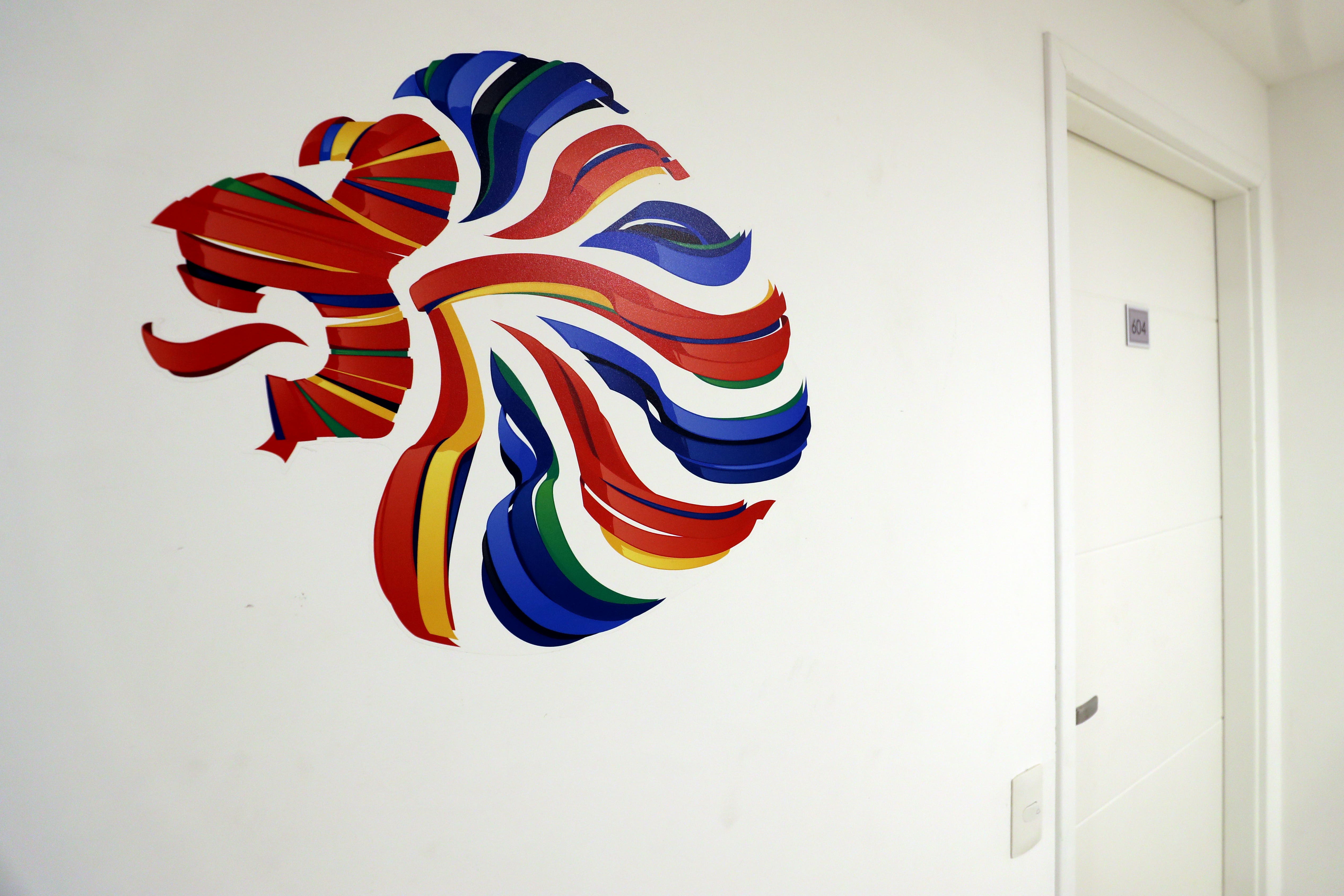Team GB offered military-style decompression interviews after Paris Olympics
The initiative, which arose after Covid-19 forced full-time training to stop, is intended to combat the ‘post-Games blues’.

Your support helps us to tell the story
From reproductive rights to climate change to Big Tech, The Independent is on the ground when the story is developing. Whether it's investigating the financials of Elon Musk's pro-Trump PAC or producing our latest documentary, 'The A Word', which shines a light on the American women fighting for reproductive rights, we know how important it is to parse out the facts from the messaging.
At such a critical moment in US history, we need reporters on the ground. Your donation allows us to keep sending journalists to speak to both sides of the story.
The Independent is trusted by Americans across the entire political spectrum. And unlike many other quality news outlets, we choose not to lock Americans out of our reporting and analysis with paywalls. We believe quality journalism should be available to everyone, paid for by those who can afford it.
Your support makes all the difference.Team GB athletes will be encouraged to take part in decompression programmes following the conclusion of the Paris Olympics in a move designed to follow the example of military personnel returning home.
The initiative, which has been drawn up by the UK Sports Institute (UKSI), is intended to help competitors reacclimatise to life away from the tightly curated environment of the Olympic village and the routines imposed by competition.
Originally conceived as a response to the Covid-19 pandemic, when athletes were forced to step away from full-time training and competition, there have been early signs of a keen uptake of the service, which will consist of tailored interviews between athletes and a network of mental health professionals.
“Performance decompression is designed by the UKSI performance psychology team,” Dr Carrie McCrea, of the sportscotland institute of sport, told the PA news agency. “It is mirrored to the military process.
“Essentially it’s a structured interview for about 60 to 90 minutes with somebody who’s trained in decompression. So that might be somebody from performance psychology, some clinical psychologists are trained up, and performance lifestyle advisors.
“And then to start planning what we call ‘time zero’, so that’s essentially from the point you get back off the plane or train, what are you going to do? What’s going to be your plan?
“The focus is on reconnecting with normal life. Getting people to think beyond the Games. Often people haven’t really thought what that looks like.”
There will be 327 athletes competing for Team GB in Paris across 26 sports, with 172 female competitors to 155 male.
The post-Games blues is probably a reality. During the Games you’re so connected to so many people, and you come home and everything’s dialled down
Many of them will have worked closely in the build-up with the UKSI whose remit is to provide support in field of science, medicine, technology and engineering services.
The decompression programmes are one of a number of policy arms in the pursuit of competitive advantage in Paris.
“It came from Covid times,” Team GB’s head of performance services Greg Retter told PA. “The athletes had suddenly had to stop, no training, no competition, nothing. Then they started to re-engage with it again.
“There was a whole piece that was done by the psychology team looking at what was the psychological burden of having to stop like that?
“That process of talking about that and navigating your way back to becoming a full-time athlete again post-lockdown has informed this work, which is when you come back from a Games, it’s a really good opportunity to have that moment to reflect.”
Dr McCrea added: “Every athlete will be offered it. Obviously not everybody will take it up. But what we’re seeing is that because there’s been really good uptake, that then disseminates amongst athletes and staff.
“Something we’re doing a lot of work on is to engage family and friends. Because it’s not an isolated experience. It’s the planning of their time zero, thinking about who’s going be around to understand what I might be feeling, how I might be coming across.
“The post-Games blues is probably a reality. During the Games you’re so connected to so many people, and you come home and everything’s dialled down. It can take a while to reconnect to your reality, meanwhile the rest of your reality continues.
“It takes a while to recalibrate to what that feels like.”